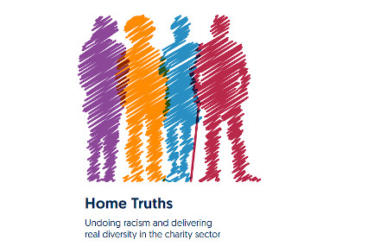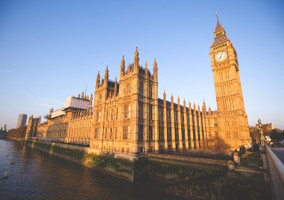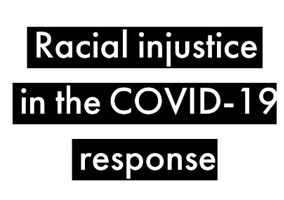Just over two-thirds, 68%, of BAME charity staff have experienced, witnessed or heard stories of racism in the sector, according to a report out today.
Home Truths: Undoing Racism and Delivering Real Diversity in the Charity Sector, is published by Voice4Change England and ACEVO, and finds that many BAME people working in the charity sector are subject to racism.
The research incorporates 493 detailed responses to an online survey from BAME people working in the sector, 24 in-depth interviews with white and BAME participants, and two roundtables, one with racial justice activists and one with “systems-shapers” such as funders and membership bodies.
The report says charity leaders must be accountable for making progress on race equity. It adds that the problem in the charity sector is not only an absence of BAME people. Once inside the sector, significant numbers of BAME people experience discrimination and harm.
A total of 68% of BAME respondents to the online survey had experienced, witnessed or heard stories of racism in the charity sector, and 50% reported feeling the need to tone down their behaviour in order to fit in within the sector.
Furthermore, 45% of respondents said they had been subject to ignorant or insensitive questioning about their culture or religion, and 30% of total respondents reported being treated as an intellectual inferior.
Nearly a quarter, 23%, reported being subject to excessive surveillance and scrutiny by colleagues, managers or supervisors.
'Ultimately this inequality holds back our sector from fulfilling its core purpose'
Kunle Olulode, chief executive of Voice4Change England, said: “Racism remains with us in the 21st century. This is not just the result of ignorance but, as laid bare by Covid-19, is a product of a society designed to benefit some people over others.
“Home Truths shows us that the charity sector, despite good intentions, still reproduces racial inequality, blocking BAME people from positions of influence and power through policies and processes designed without them in mind. Ultimately this inequality holds back our sector from fulfilling its core purpose, and stalls progress towards racial justice in society.
“This report provides an honest and constructive examination of the realities and impact of racism in the charity sector. It provides not just description of the problem, but serious thought about how we can fix things too.
“It is a call for transformation. I hope everyone that reads the report answers that call.”
The report argues that there needs to be a change of culture and power dynamics in the sector. It says charities need to make racial equity a focus of external work as well as setting meaningful internal diversity, equity and inclusion targets.
Vicky Browning, chief executive of ACEVO, said: “For many BAME people working in the charity sector, the findings in this report will not be surprising. However, for many white leaders, Home Truths will be a shock and may make them feel defensive.
“But this report is not about pointing fingers and assigning blame: it is about encouraging more leaders to accept responsibility for what needs to be done. By accepting responsibility and committing to action, we can stop asking for more evidence of the problem and move forward together to build real diversity.”
Related articles
#CharitySoWhite: Now is the time to tackle racial injustice in your charity's response to Covid-19
#CharitySoWhite warns that if charities put racial justice work on the backseat during the coronavirus crisis they will make it harder for the sector to help people most affected by the pandemic.












